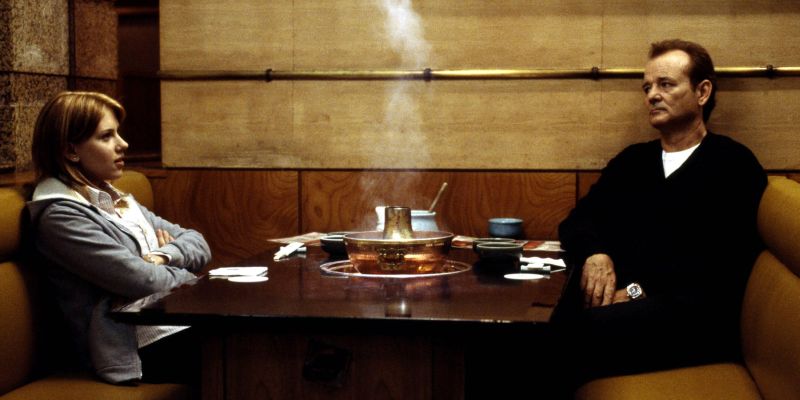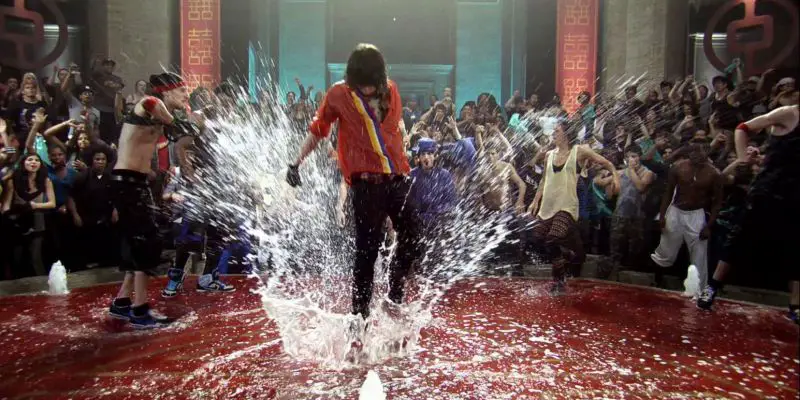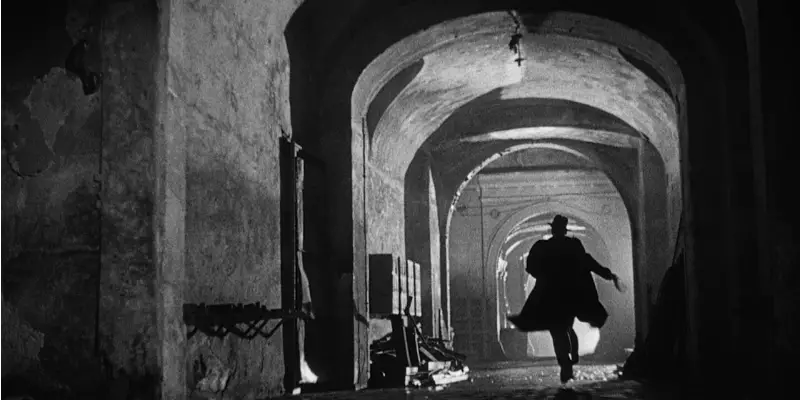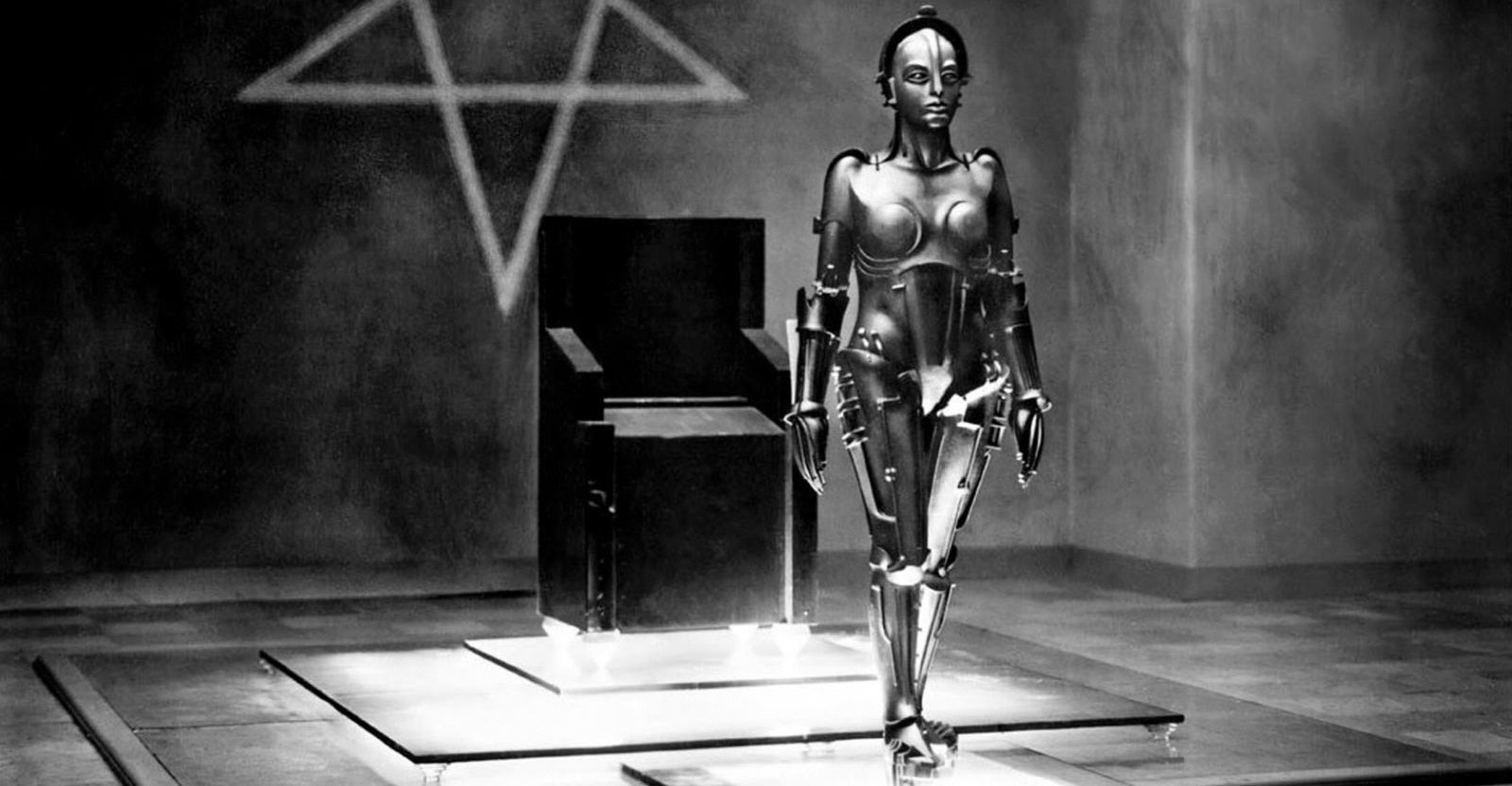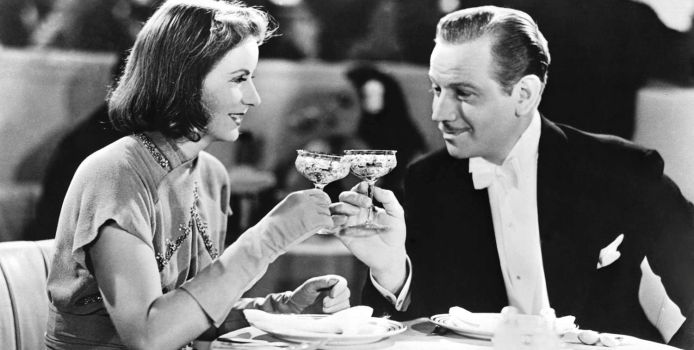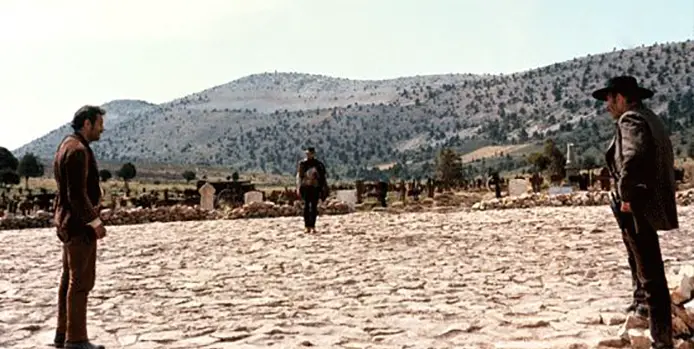film history
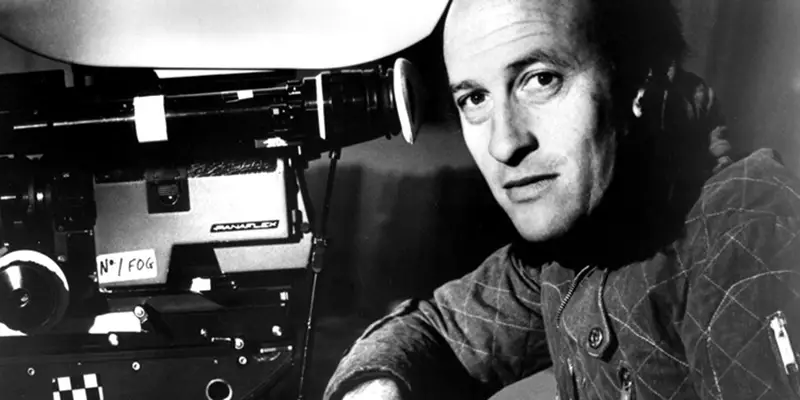
With Batman v Superman getting ready to take over the world, the previous incarnations of The Caped Crusader and The Man of Steel are trending once again. Some of the finest actors and directors in Hollywood have had dealings with these two superheroes over the years, but one such luminary, it seems, has never been forgiven for the way he treated the Son of Krypton 36 years ago. However, it really does need pointing out to some ardent Superfans that far from a being a hack director-for-hire, Superman II director Richard Lester is actually one of the most important names from the New Hollywood era.
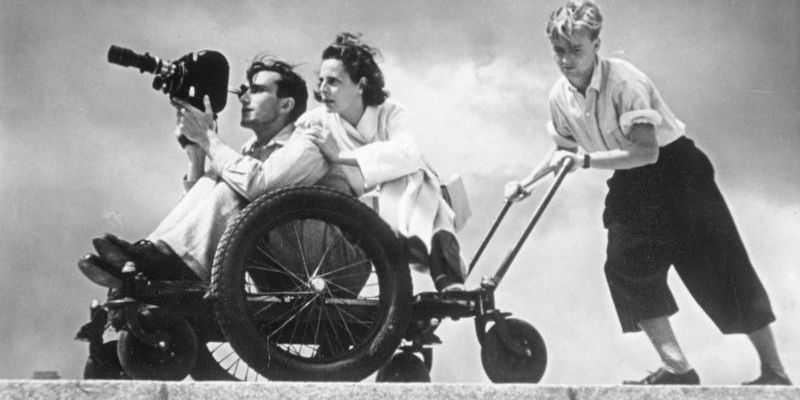
Some of you may have come across Helene “Leni” Riefenstahl, so I hope you’ll forgive the introduction for those who haven’t. Born in 1902 in Berlin, Germany, Riefenstahl defied gender norms and became one of the most successful documentary filmmakers of the 1930s. At a time when most industries, especially film, were dominated by men, Riefenstahl found herself not only directing films but developing new techniques which influenced cinema up to this very day.
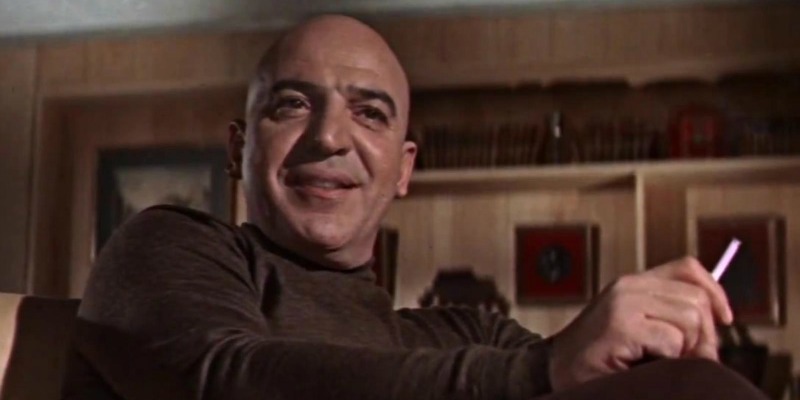
Despite his iconic status as James Bond’s most celebrated foe, Ernst Blofeld has a chequered history in the 007 franchise. It seems as though no one really quite knew what to do with him. The fluctuating, inconstant persona gifted to him by so many various actors was not helped by a legal skirmish in the wings that flared up seemingly every six months.
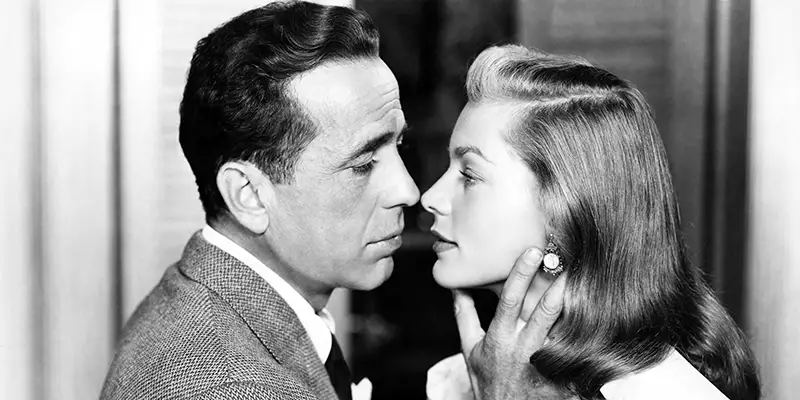
I can’t think of any other couple that exemplified the pure nature of an old Hollywood romance other than Humphrey Bogart and Lauren Bacall. If you take a quick glimpse at their history together, the love they shared was palpable. Bacall was only nineteen when they met (twenty when they married), and Bogart was old enough to be her father.
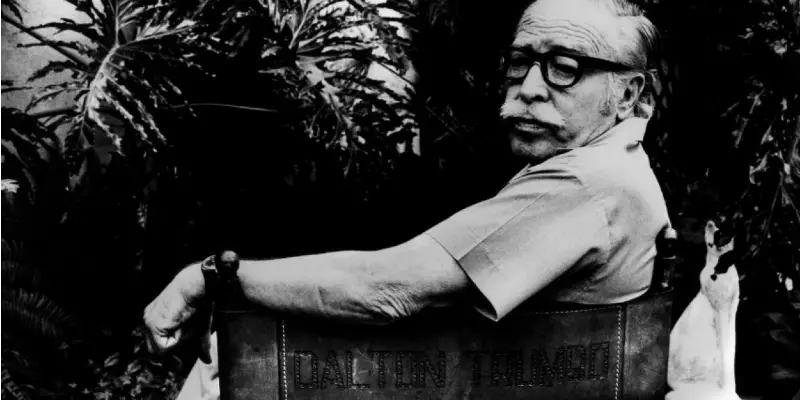
Dalton Trumbo is not a household name today, but he was one of the most influential screenwriters in the old Hollywood studio system. Many of his films like Roman Holiday and Spartacus are beloved classics, but Trumbo is also a significant figure for his part in the Hollywood blacklist, a period of anti-Communist hysteria that swept through the United States in the 1940’s and 1950’s. Trumbo, like many Hollywood intellectuals, was targeted for his progressive politics in an unprecedented purge that saw many actors, directors and writers, lose their livelihoods, their freedom and even their lives.
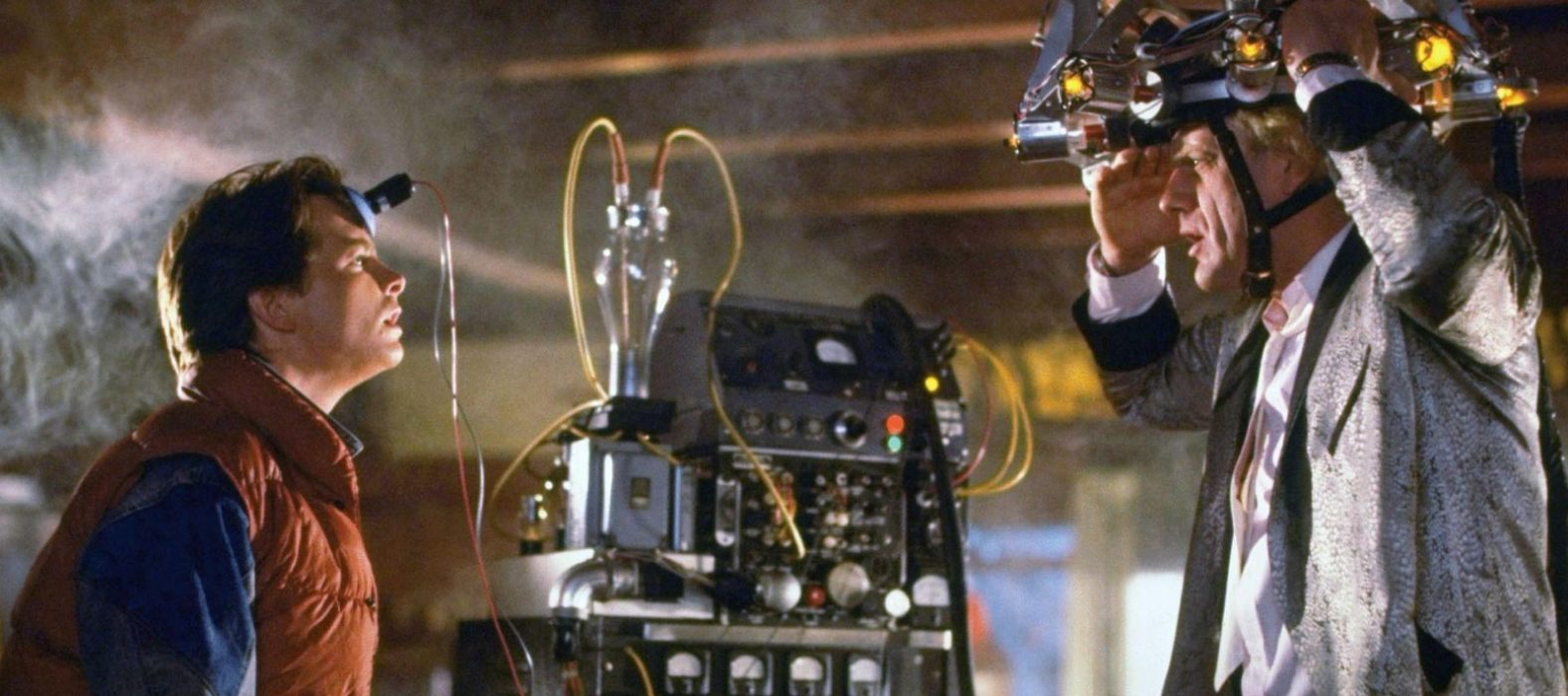
There are franchises that have their special days to commemorate their enduring legacy, usually ones which are directly implied from the films. Star Wars, for example, has its May 4th as a reference to the famous “may the Force be with you” quote, and the Back To The Future trilogy also has its own. As the series centres on time travel and that there are a number of dates which our heroes transport to, the one that arguably stands out as ‘Back To The Future Day’ is October 21st, 2015.
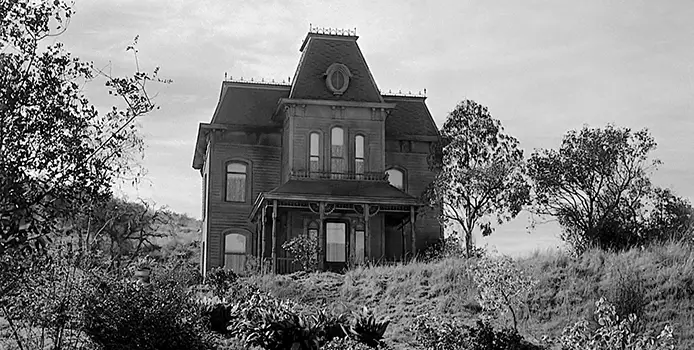
In 1960, Alfred Hitchc*ck saw the future. The British director had been a force in cinema since silent films, but the 1950’s were by far his most successful decade at the movies. He churned out blockbuster after blockbuster, all filmed in gorgeous color with top Hollywood stars like James Stewart, Cary Grant, and Grace Kelly.
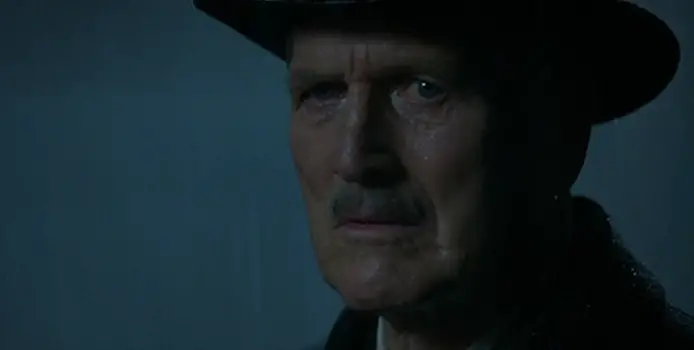
Having recovered from the shock upon discovering that summer 1990 was a quarter of a century ago, I recently reacquainted myself with one or two of the cinematic treats that I first enjoyed at the tender age of 15. Darkman got a repeat viewing, as did the sorely underappreciated Quick Change with Bill Murray. I was especially pleased to find that my personal favourite alumni from the class of ’90 had aged so well:


